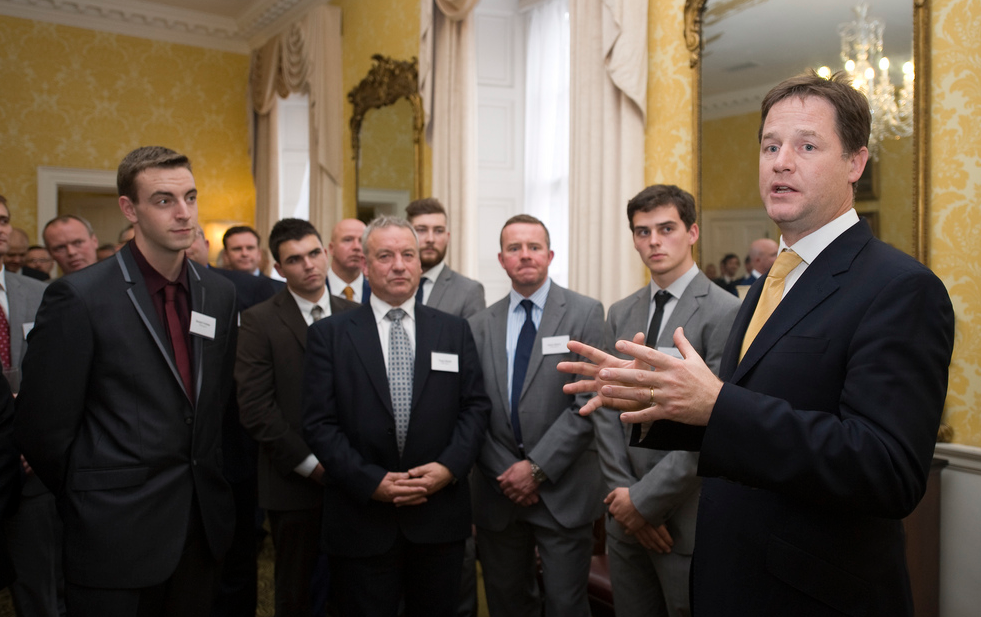Liberal democrat leader Nick Clegg is the party leader most likely to lie in the pre-election TV debates, according to data compiled by profiling platform Praditus.
Using the Praditus Motivation Archetypes Model, the company assessed the likely motivations and effectiveness of all the leaders set to be involved in the debates throughout April.
It suggests Clegg presents a 64% chance of lying to the audience during the televised event. This puts him above Nigel Farage (59%), David Cameron (56%) and Ed Miliband (51%).
The data also suggests David Cameron’s best chance for success is to “frontally challenge his opponents”. But his “drive to win” may put voters off if he comes across as too aggressive is his approach.
>See also: All the main parties’ approach to small business
In contrast labour leader Ed Miliband may struggle to engage the audience, with many seeing him as not being able to think on his feet. His best chance for a successful outcome would seem to be his ability to represent the interest of others.
Clegg himself should benefit from his ability to present his ideas in a softer and more persuasive way. But people may see him as “eccentric” and “a loner” if he is not careful.
UKIP leader Nigel Farage, according to the research the second most-likely to be dishonest, is likely to try and engage the audience with references to sport or popular culture. The research suggests he will be the least likely to be honest on the issue of social needs.
Yohan Ruso, CEO at Praditus, said the data is compiled based on the platform exploring “the reasons behind the decisions we all make everyday”.
“It uses psychometric principles to assess any individual’s ability to respond to certain situations,” he said. “Applying this to the biggest event of 2015 allows us to assess Britain’s prospective leaders on a scientific basis for the first time.”
Further reading on politics: CBI warns of post-election ‘power vacuum’






